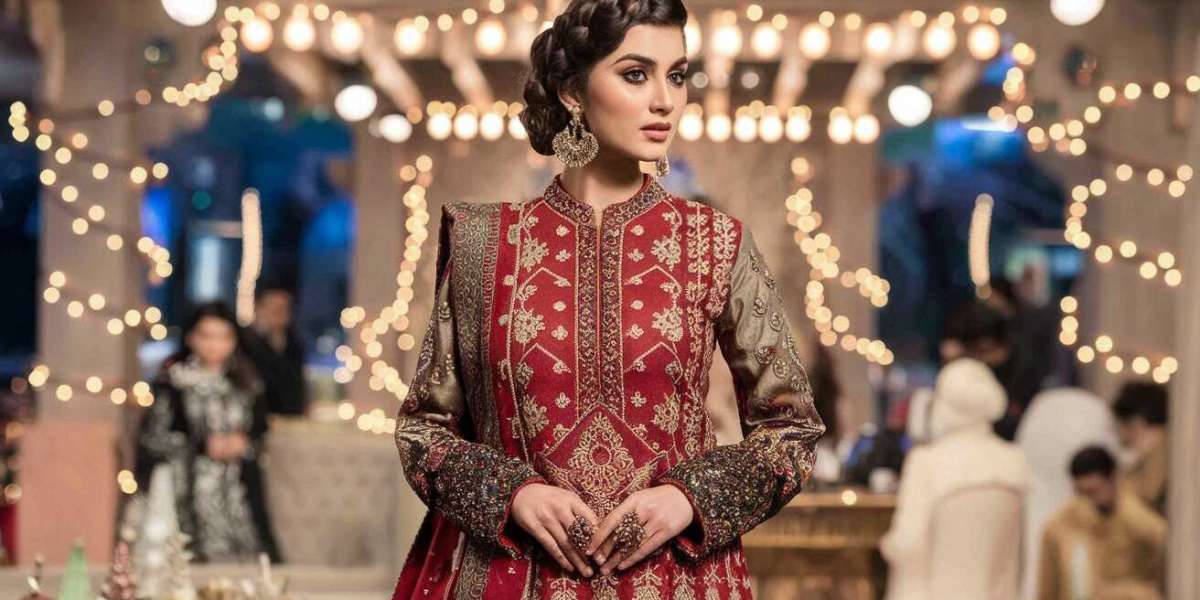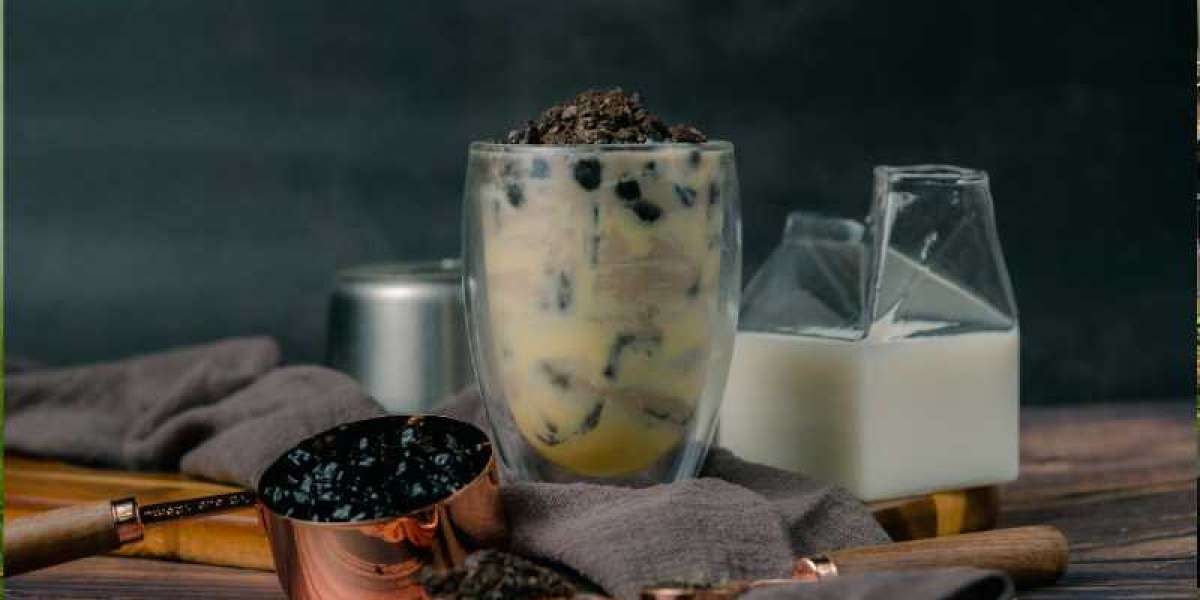Pakistani dress represents a rich tapestry of cultural heritage, influenced by centuries of history, regional diversity, and evolving fashion sensibilities. Each thread woven into its fabric tells a story of tradition, craftsmanship, and identity. While the essence of Pakistani attire remains deeply rooted in heritage, contemporary influences have given it a modern flair, making it a dynamic and ever-evolving aspect of fashion.
The Cultural Roots of Pakistani Attire
The foundation of Pakistani dress lies in the country’s diverse ethnic landscape. From the embroidered Balochi ensembles to the intricately woven Sindhi Ajrak, each region contributes to the collective identity of traditional attire. The national dress, the shalwar kameez, is a staple for both men and women, yet its design varies significantly across provinces.
Punjabi suits often feature vibrant hues and rich embroidery, reflecting the lively culture of the region. Balochi dresses, adorned with heavy embellishments and mirror work, symbolize tribal artistry. Sindhi clothing incorporates block prints and striking colors, while Pashtun attire consists of long, flowing garments reflecting the rugged terrains of Khyber Pakhtunkhwa.
The Influence of History on Traditional Clothing
The evolution of Pakistani dress can be traced back to various historical influences. The Mughal era introduced luxurious fabrics, gold thread embroidery, and regal silhouettes that still inspire wedding and formal wear today. The British colonial period brought structured tailoring and Western aesthetics, which subtly integrated into local fashion. After independence, designers sought to establish a distinct Pakistani identity by reviving indigenous textile techniques and traditional motifs.
Handwoven fabrics like khaddi, cotton, and silk became a hallmark of Pakistani fashion, while intricate embroideries such as zardozi, resham, and gota work reflected artisanal excellence. Over time, these elements blended with modern styles, resulting in a fusion of traditional and contemporary designs.
The Modern Take on Traditional Styles
With the fashion industry continuously evolving, Pakistani dress has adapted to global trends while maintaining its cultural essence. Designers incorporate traditional motifs into contemporary cuts, creating a perfect balance between heritage and modernity. The Angrakha, once a royal ensemble, has been reimagined into chic tunics and frock-style dresses. The classic saree, though traditionally draped, now comes in pre-stitched versions catering to modern preferences.
The introduction of digital prints has revolutionized Pakistani textiles, making intricate patterns more accessible. Lawn fabric, once considered simple and functional, has transformed into a high-fashion statement with elaborate designs and embellishments. This blend of innovation and tradition ensures that Pakistani dress remains relevant in both local and international markets.
Occasion-Specific Dressing in Pakistan
Pakistani attire varies significantly based on the occasion. Everyday wear leans toward comfortable cotton or lawn shalwar kameez, with minimal embroidery and practical cuts. Office wear often includes structured kurtas paired with trousers or cigarette pants, striking a balance between professionalism and cultural identity.
For festive occasions, Pakistani dress takes on an opulent transformation. Bridal wear features heavily embroidered lehenga cholis, maxi dresses, and ghararas, exuding grandeur and tradition. Formal gatherings see an abundance of silk, chiffon, and velvet ensembles, adorned with intricate embellishments. Men embrace elegant sherwanis, waistcoats, and kurta pajamas, making traditional clothing a statement of sophistication.
Sustainable Fashion and Revival of Handcrafted Textiles
An increasing awareness of sustainable fashion has led to a renewed interest in handwoven and organic fabrics. Local artisans, once overshadowed by mass production, are now receiving recognition for their craftsmanship. The revival of block printing, hand embroidery, and natural dyes supports ethical fashion while keeping centuries-old traditions alive.
Brands focusing on ethical practices collaborate with rural artisans, ensuring that indigenous textile techniques continue to thrive. The preference for handmade over machine-made garments is reshaping consumer choices, encouraging sustainability within the Pakistani fashion industry.
The Global Appeal of Pakistani Dress
Pakistani attire has gained international acclaim, with designers showcasing their creations on global runways. The elegance of traditional wear, combined with modern aesthetics, has attracted fashion enthusiasts worldwide. Celebrities and influencers don Pakistani ensembles at international events, amplifying their appeal beyond borders.
E-commerce platforms have further expanded the reach of Pakistani fashion, allowing people across the world to embrace its beauty. The fusion of East and West has led to innovative styles, such as hybrid saree gowns, jacket-style kurtas, and minimalist shalwar kameez, catering to a diverse audience.
A Future Rooted in Tradition and Innovation
The journey of Pakistani dress is one of resilience, adaptation, and artistic expression. While traditions remain a guiding force, innovation continues to shape its evolution. The interplay between classic and contemporary ensures that Pakistani attire remains timeless, serving as a symbol of cultural pride and creative excellence.
Shireen Lakdawala, a brand known for its premium quality Luxury Pret, Formal Dresses, Wedding Wear, Kaftan, Saree, and Basics, beautifully embodies the essence of Pakistani fashion. Offering a diverse range of Pakistani Designer Dresses, the brand blends traditional craftsmanship with contemporary elegance. With a commitment to superior fabric quality and intricate detailing, Shireen Lakdawala has become a go-to name for those who appreciate fine fashion. The latest NEW ARRIVALS collection showcases a fresh take on classic silhouettes, making it a must-have for fashion enthusiasts looking to celebrate Pakistani heritage with a modern twist.














